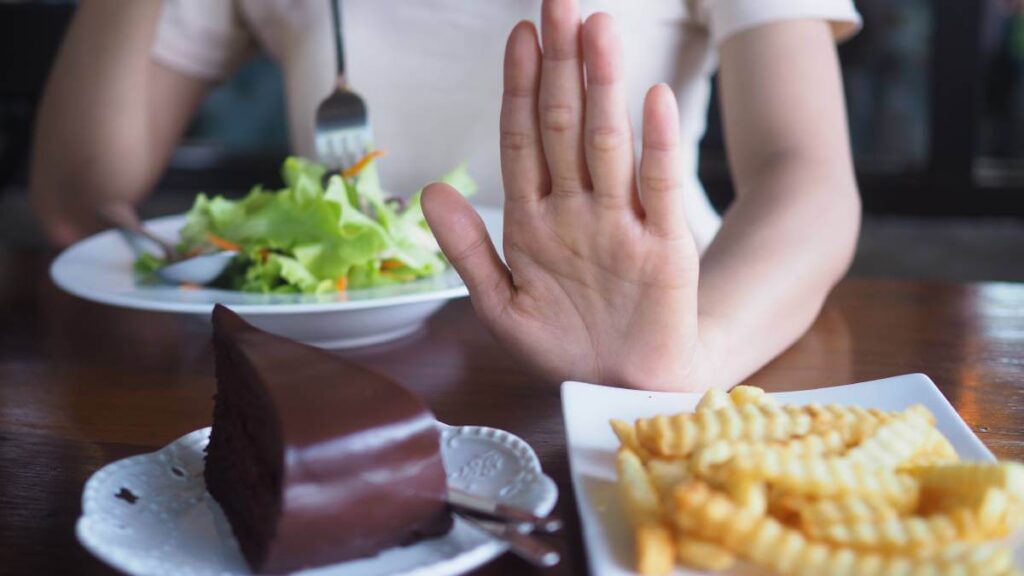Overactive bladder, commonly called OAB, causes a frequent and sudden urge to urinate. You may feel you need to pass urine many times during the day and night and may experience a few leaks or, as the professionals say, unintentional loss of urine (urgency incontinence).
Simple behavioural strategies, such as dietary changes, timed voiding and bladder-holding techniques using your pelvic floor muscles may be able to help you manage symptoms. If these initial efforts don’t help enough, additional treatments are available.
Overactive bladder occurs because the muscles of the bladder start to contract involuntarily even when the volume of urine in your bladder is low. These involuntary contractions create an urgent need to urinate.
Normal bladder habits
It is normal to:
- empty your bladder about four to six times through the day
- empty your bladder before you go to bed at night
- empty your bladder once overnight
- empty your bladder when you get out of bed in the morning.
A healthy bladder holds around 300-400ml of urine during the day. It can hold more at night before you feel the need to empty it.
If you have OAB, certain foods and drinks can further irritate your bladder or urinary tract.
Carbonated beverages
Drinks such as soda, sparkling water and champagne may irritate sensitive bladders.
Drinks with both carbonation and caffeine, or carbonation and alcohol, can be extra trouble.
Caffeine
Drinking too much caffeine can increase bladder activity and cause higher urgency and frequency of urination as well as increased incontinence. Reducing or eliminating caffeine intake or switching to decaffeinated varieties can decrease symptoms.
Drinks that contain caffeine are also typically quite acidic, which can also cause irritation. Try to source low acid coffees and stick to non-citrus herbal teas.
If you’re very sensitive to caffeine, remember that even decaf versions of tea and coffee still contain small amounts.
Chocolate
Like coffee and tea, a serving of chocolate contains some caffeine – about one-quarter the amount in a cup of coffee.
Choose white chocolate treats, which usually don’t have caffeine, over milk chocolate if you have a craving. You may be able to satisfy that craving with a smaller amount of dark chocolate since it contains more cocoa.
Whatever you choose, try not to snack on it too late in the evening.
Tomatoes
Acidic foods such as tomatoes can irritate the bladder and worsen OAB symptoms. People who are particularly sensitive may have to limit their intake of foods that contain tomatoes such as salsa and spaghetti sauce.
Citrus fruits
Like tomatoes, citrus fruits contain high amounts of citric acid, which can worsen bladder control. Fruit should be included in a healthy diet, so try less acidic kinds such as apples, berries, bananas and watermelon.
If you think a certain food might be triggering your OAB, stop eating it for a while and monitor your symptoms when you start to add it back into your diet.
Alcohol
Beer, wine and liquor can not only bother the bladder but also disrupt the signals to your brain that make you aware of bladder overflow.
Spicy food
The same foods that make your eyes water and your lips burn can also aggravate your bladder. Be extra cautious of spicy salsas that often contain both tomatoes and chilli.
Before you cut out all spicy foods completely, experiment to see what you can handle and what bothers your bladder. Everyone’s tolerance is different, it’s all about finding that sweet spot.
Cranberries
Many people believe cranberry juice relieves symptoms of urinary tract infections, but cranberries are acidic. Like tomatoes and citrus fruits, cranberries and their juice can potentially irritate your bladder and cause urge incontinence.
A positive aspect of skipping acidic foods is that it may help tame heartburn.
Sweeteners
There’s some evidence that both natural and artificial sweeteners can increase OAB symptoms. You may have to cut out sugar and sweet things completely to get things under control or cutting down may work for you.
It’s a good idea to experiment and see if symptoms lessen when you place some limits on consuming these items.
Onions
Typically, people with an OAB are more affected by raw onions, so try cooking them before eating. You could also switch to the milder, onion-like shallot, too.
Processed foods
Artificial flavours, preservatives, and additives such as MSG and benzyl alcohol may aggravate the bladder and worsen OAB symptoms. Read nutrition labels to try to avoid them and cook from fresh at home when possible.
Do you suffer from an overactive bladder? Have you made any changes to your diet or lifestyle? Why not share what has or hasn’t worked for you in the comments section below?
Read more: Little known fixes for bladder issues
Disclaimer: This article contains general information about health issues and is not advice. For health advice, consult your medical practitioner.

